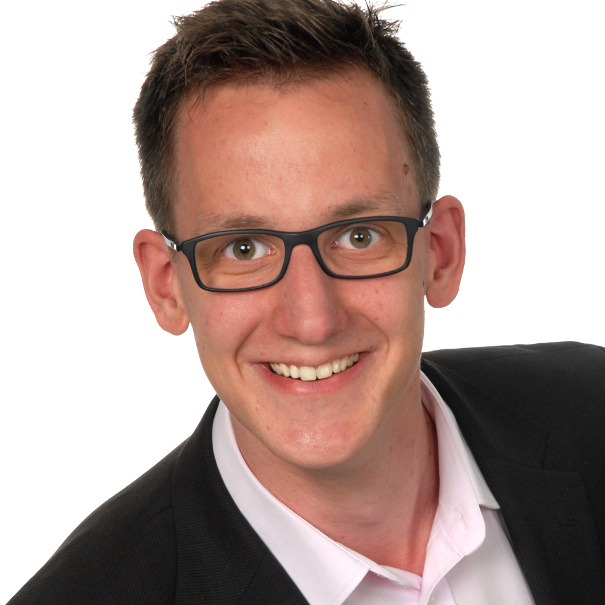hardes2017simulating
Abstract
Community networks establish a wireless mesh network among citizens, providing a network that is independent, free, and (in some cases) available where regular Internet access is not. Following initial disappointments with their performance and availability, they are currently experiencing a second spring. Many of these networks are growing fast, but with little planning and limited oversight. Problems mostly manifest as limited scalability of the network - as has happened in the Freifunk mesh network operating in the city of Paderborn (approx. 800 nodes running the BATMAN IV protocol with control messages alone accounting for 25 GByte per month and node). In this work, we detail how we modeled this real-life network in a computer simulation as a way of allowing rapid (and worry free) experimentation with maximum insight. We describe how we parameterized and validated this model using gathered measurements. Based on the model, we were able to investigate alternative structures and parameterizations to improve the performance. The predicted performance gains map well to those measured after the proposed changes were deployed city-wide.
Quick access
- Original Version
 (at publishers web site)
(at publishers web site) - Authors’ Version
 (PDF on this web site)
(PDF on this web site) - BibTeX

Contact
BibTeX reference
@inproceedings{hardes2017simulating,
author = {Hardes, Tobias and Dressler, Falko and Sommer, Christoph},
title = {{Simulating a City-Scale Community Network: From Models to First Improvements for Freifunk}},
booktitle = {International Conference on Networked Systems (NetSys 2017)},
address = {G{\"{o}}ttingen, Germany},
doi = {10.1109/NetSys.2017.7903954},
month = {March},
publisher = {IEEE},
year = {2017},
}

